Although there are several different types of business set up structures, the two main types that the majority of people will consider are:
- Limited Company
- Self-employed as a sole trader (or partnership if more than one person)
Choosing which of the above structures to apply has to be one of the most frequently asked questions but unfortunately with the Government’s 2016 decision to reduce the level of tax advantage associated with the limited company route, there is now no simple right or wrong answer and the decision will ultimately be a matter for each individual to decide as to which structure best suits their unique needs.
To help with that crucial decision it is helpful to briefly explain some of the important differences between the two structures:
What do these two structures actually mean?
As a self-employed sole trader or partnership business there is no separate legal difference between the business and the individual or partners running the business. This very simply means that the finances of the business and the owner(s) are treated as one and the same and you are, therefore, personally responsible for the debts of the business with both your personal assets, eg your home, as well as what you would consider your business assets, eg computer equipment and business bank account, being potentially used to settle the debts of your business.
However, a limited liability company is its own legal entity and totally separate, therefore, from its owner(s). The creditors of a company would therefore be contracting with the legal entity that is the company and would have no recourse to an owner if that company failed to be able to meet its debts (unless of course you have given personal guarantees against any debts, which can often be the case with bank funding for a new business).
Outside view of these structures
It is often considered that a limited company conveys a higher air of importance and some companies will actually only trade with limited companies. It is crucial therefore to look at what structure your potential competitors are using and asking your potential buying market what, if any, preference they may have.
Tax implications
As a general rule of thumb if expected profits are expected to be greater than £30,000 per annum then there can be some tax savings associated with operating as a limited company. Also importantly because the limited company is a separate legal entity then it has its own tax position which is separate from its owner(s) whereas all of the profits of a self-employed business are treated as the taxable income of the individual or owners of that business in the year in which the profits are made and are taxed at the individual(s) relevant tax rate(s).
The tax benefits arise because of the savings in National Insurance contributions that can be enjoyed by using a limited company and also because in a limited company the owners have control over how and when the profits of a limited company are distributed to its owner(s), eg as dividends (with also possible spouse dividends), pension payments, and/or with other benefits.
It is for the above reason that a large number of business owners chose to pay themselves a small level of salary as a director that is below the level of paying Employer’s National Insurance (currently £8,632 per annum or £719 per month) and then further income in the form of dividend payments on which no national insurance is due. There are certain other factors that would need to be considered such as dividends not being deducted for Corporation Tax relief (the tax paid by a limited company which is currently 19% but with plans to reduce further from 1 April 2020) and the fact that in recent years the dividend tax has placed a higher tax burden on those in receipt of profits extracted in this way (the dividend allowance was reduced to £2,000 from 6 April 2018 with a rate of 7.5% in the basic rate tax band and then 32.5% and 38.1% at the higher tax bands).
For a sole trader or a partnership both income tax and national insurance contributions (both Class 2 and Class 4) will be due on the tax adjusted profits achieved by the business.
Disclosure and regulation
Regulation, legislation and control surrounding limited company status eg Companies Acts, filing accounts, registering the company and dealing with statutory returns etc can be more onerous than that of a sole trader business where a simple annual set of accounts is prepared so that a tax return can be competed.
As a limited company you will have a number of filing duties. Missing a filing deadline can result in fines and penalties.
Your filing duties are as follows:
- Annual Statutory Accounts
- Confirmation Statement
- CT 600
- Full P&L for HMRC
- Self assessment for directors
Also a payroll scheme will need to be set up and operated in order to pay the director a salary whereas no such scheme is required for a sole trader or partnership unless an employee is hired.
A limited company needs just one shareholder and one director and you are likely to require the input of an accountant to help you with the above disclosure and regulation.
How to decide
Ultimately only you can decide which structure will suit your circumstances best but please contact mark@afreshaccountants.co.uk if you would like to have a chat in a bit more detail about the points that we have indicated above before you make that decision.
Note
Other business structures available are for example limited liability partnership, LLP, Community Interest Company, CIC etc.
Again please contact mark@afreshaccountants.co.uk if you are thinking of entering into one of these other structures.



